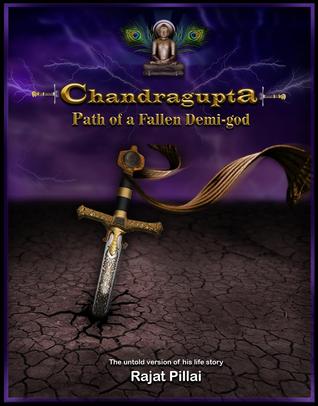Shishupala's mother knew that her son was destined to die at the hands of Krishna. She begged him to please spare her son.
Krishna promised his aunt, "I will forgive a hundred errors..."
The mother was content, thinking she had bought her son redemption with that promise.
At Yudhishthira's Rajasuya Yajna, ignoring warnings from others, Shishupala insults Krishna and continues to do so till he reaches his quota of 100. At 101th insult, Krishna lets fly his discus and beheads Shishupala.
Devdutt Pattnaik, in the notes at the end of the chapter on Shishupala in his book 'Jaya' points out that the mother sought Krishna's promise not to harm her son, but did not caution her son not to give Krishna a reason.
So many times I see children running to their mothers with complaints and their mothers immediately taking up arms on their children's behalf. Never are they asked for the complete picture, nor helped to take responsibility for their actions. When they make a mistake, some mothers brush it aside, and expect other children to overlook it... They are not taught to forgive others and forget small oversights. When they feel slighted, they are not taught to rise above the situation.
As a mother, many of us take our role as protectors too seriously. But we are not going to be there all the time. Children will grow up to be adults, out in the world on their own. These very things that seem small and insignificant in childhood will lead to bigger and unpalatable personality traits that will be hard to overlook and forgive. They will not know how to handle being ignored or rejected. They will not know how to be accepted... As parents, we will be unable to help them at that stage.
Or, if that becomes the norm, will that cease to matter?
Krishna promised his aunt, "I will forgive a hundred errors..."
The mother was content, thinking she had bought her son redemption with that promise.
At Yudhishthira's Rajasuya Yajna, ignoring warnings from others, Shishupala insults Krishna and continues to do so till he reaches his quota of 100. At 101th insult, Krishna lets fly his discus and beheads Shishupala.
Devdutt Pattnaik, in the notes at the end of the chapter on Shishupala in his book 'Jaya' points out that the mother sought Krishna's promise not to harm her son, but did not caution her son not to give Krishna a reason.
So many times I see children running to their mothers with complaints and their mothers immediately taking up arms on their children's behalf. Never are they asked for the complete picture, nor helped to take responsibility for their actions. When they make a mistake, some mothers brush it aside, and expect other children to overlook it... They are not taught to forgive others and forget small oversights. When they feel slighted, they are not taught to rise above the situation.
As a mother, many of us take our role as protectors too seriously. But we are not going to be there all the time. Children will grow up to be adults, out in the world on their own. These very things that seem small and insignificant in childhood will lead to bigger and unpalatable personality traits that will be hard to overlook and forgive. They will not know how to handle being ignored or rejected. They will not know how to be accepted... As parents, we will be unable to help them at that stage.
Or, if that becomes the norm, will that cease to matter?
